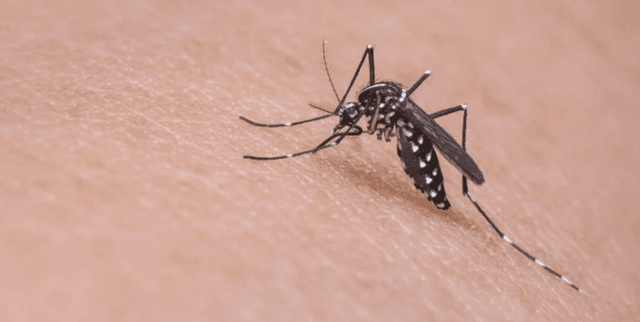Daily Seoul Mosquito Climate Data
Data Science and Analytics
Tags and Keywords
Trusted By




"No reviews yet"
Free
About
This dataset provides a daily Mosquito Indicator alongside weather conditions for Seoul, South Korea, from 2016 to 2019. It offers valuable insight into mosquito prevalence, quantified as the number of mosquitoes per specific area, and correlates this with daily temperature and precipitation measurements. This data serves to understand environmental factors influencing mosquito populations and can be instrumental in public health studies and environmental analysis.
Columns
The dataset comprises six key columns:
- date: Represents the specific day of observation in 'yy-mm-dd' format, spanning from 1st May 2016 to 31st December 2019.
- mosquito_Indicator: A numerical ratio indicating the mosquito count per specific area. Values range from 0.00 to 1000.00.
- rain(mm): Records the daily precipitation in millimetres, with values observed between 0.00 and 144.50.
- mean_T(℃): Denotes the mean temperature of the day in degrees Celsius, ranging from -14.80 to 33.70.
- min_T(℃): Indicates the minimum temperature recorded for the day in degrees Celsius, with values between -17.80 and 30.30.
- max_T(℃): Shows the maximum temperature recorded for the day in degrees Celsius, spanning from -10.70 to 39.60.
Distribution
The dataset is available in CSV format and has a file size of approximately 46.49 kB. It contains 1,342 valid daily records with no mismatched or missing entries across all columns. The data structure is well-organised for time-series analysis.
Usage
This dataset is ideal for:
- Exploratory Data Analysis: Uncovering patterns and relationships between mosquito populations and weather.
- Regression Analysis: Building models to predict mosquito indicators based on temperature and precipitation.
- Atmospheric Science Research: Investigating the impact of climate factors on biological phenomena.
- Public Health Studies: Informing strategies for mosquito control and disease prevention in urban environments.
- Environmental Monitoring: Assessing the ecological conditions influencing insect populations.
Coverage
The geographic scope of this dataset is Seoul, South Korea, specifically focusing on measurements taken within a defined area of the city. The time range for the data is daily observations from May 2016 to December 2019. The dataset includes environmental variables (temperature and precipitation) directly relevant to the prevalence of mosquitoes.
License
CC0: Public Domain
Who Can Use It
- Public Health Officials: To monitor mosquito populations and plan preventative measures for vector-borne diseases.
- Environmental Researchers: To study the effects of climate change and urbanisation on insect prevalence.
- Data Scientists and Analysts: For developing predictive models and visualising environmental health trends.
- Urban Planners: To integrate ecological considerations into city development and maintenance.
- Students: As a valuable resource for academic projects in environmental science, statistics, or public health.
Dataset Name Suggestions
- Seoul Mosquito and Weather Data
- Korea Mosquito Prevalence Indicator
- Daily Seoul Mosquito Climate Data
- South Korea Insect Indicator
- Seoul Environmental Health Data
Attributes
Original Data Source: Daily Seoul Mosquito Climate Data
Loading...
Free
Download Dataset in CSV Format
Recommended Datasets
Loading recommendations...
